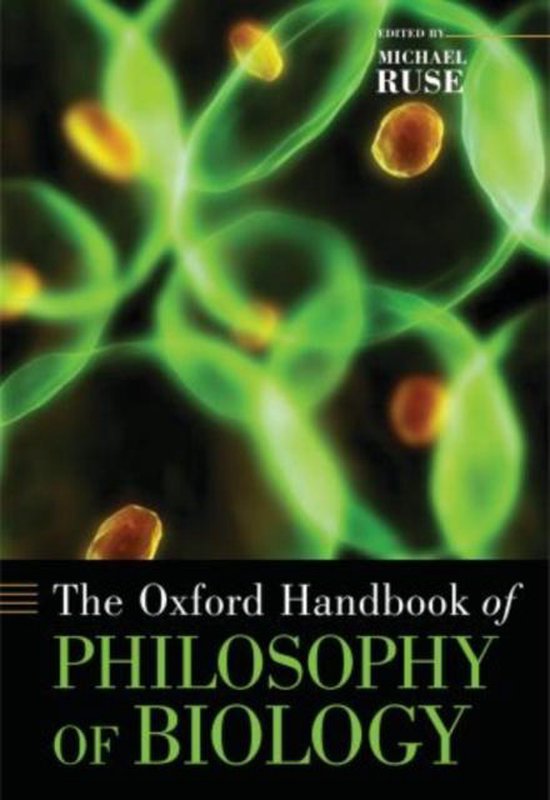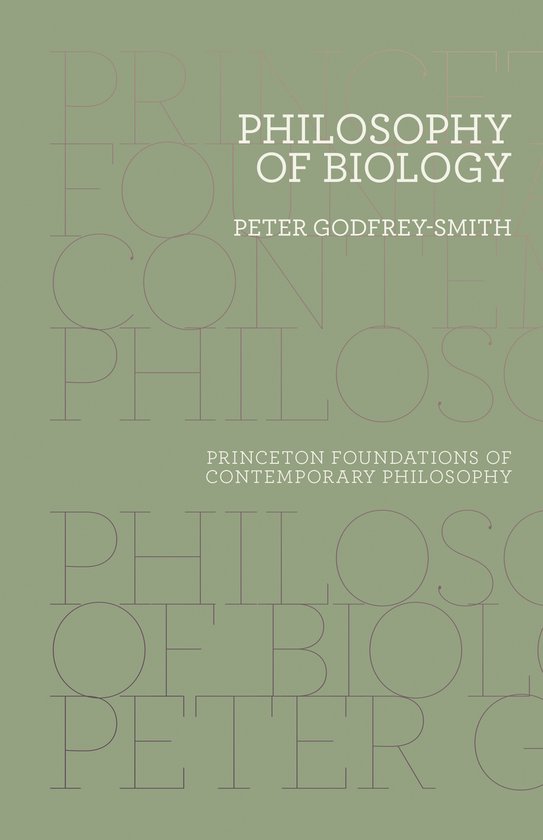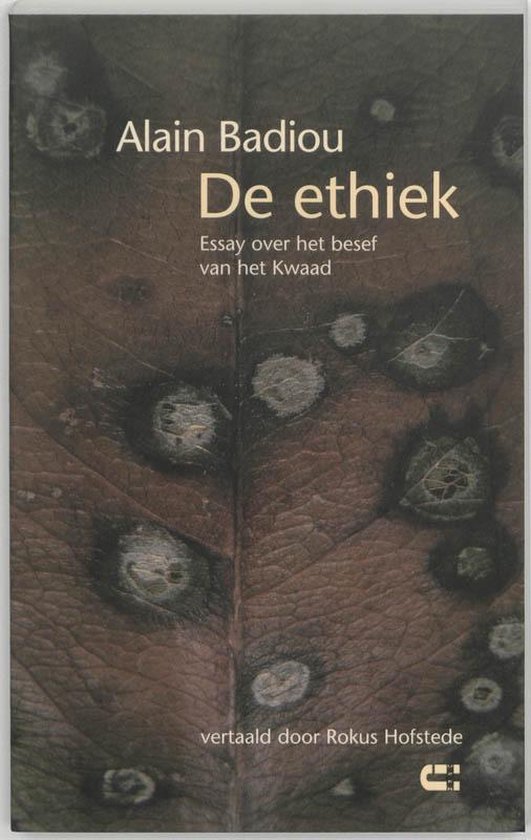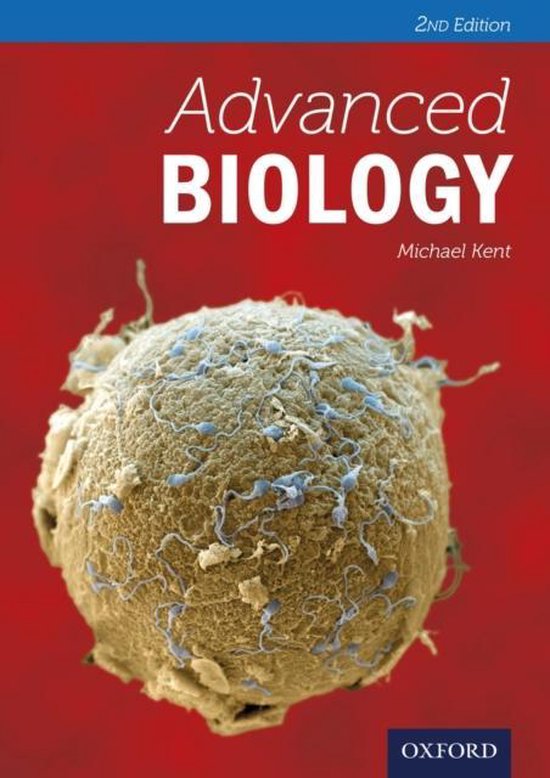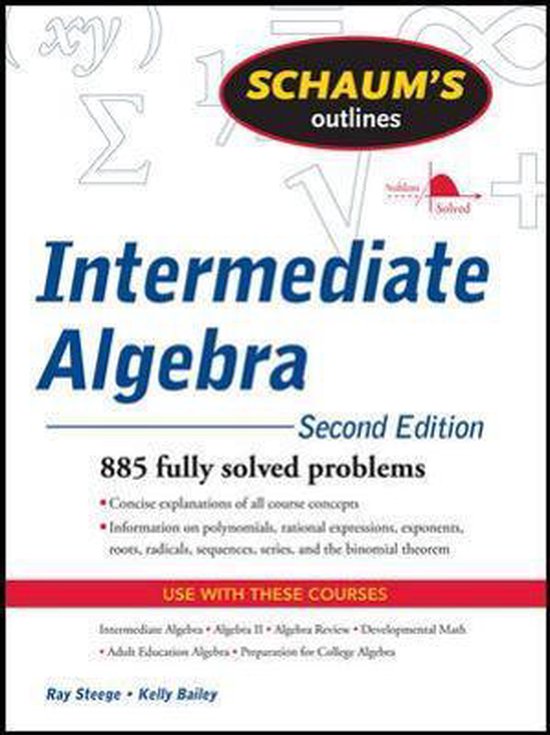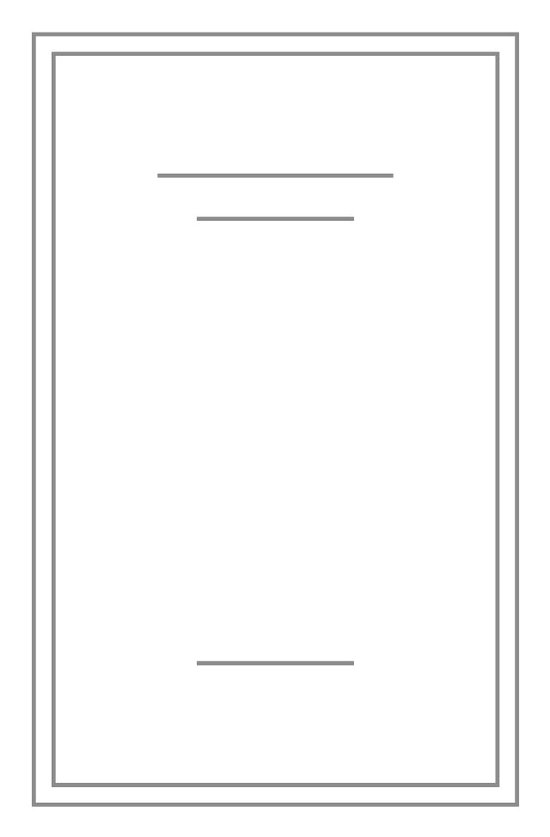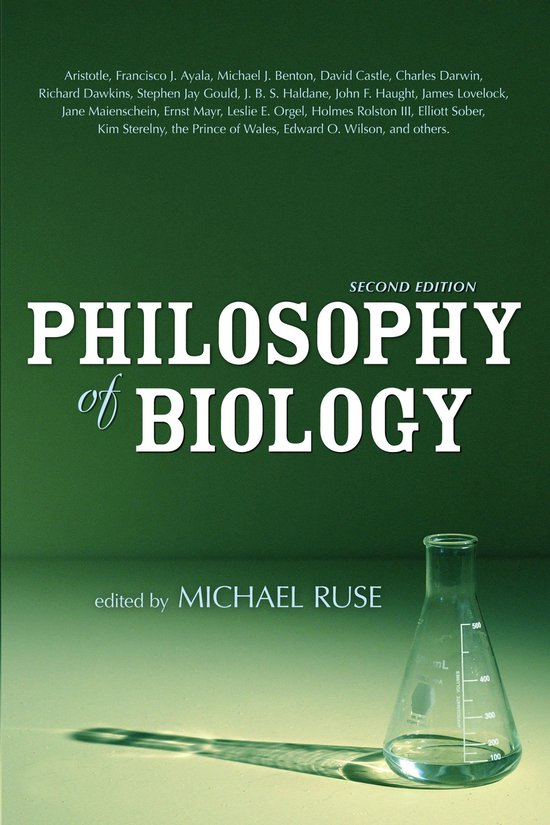
Philosophy of Biology
Biologists study life in its various physical forms, while philosophers of biology seek answers to questions about the nature, purpose, and impact of this research. This edition contains material on design without selection, testing macroevolutionary claims, biotechnological issues, key ecological concerns, the Gaia hypothesis, and more.
Biologists study life in its various physical forms, while philosophers of biology seek answers to questions about the nature, purpose, and impact of this research. What permits us to distinguish between living and nonliving things even though both are made of the same minerals? Is the complex structure of organisms proof that a creative force is working its will in the physical universe, or are existing life-forms the random result of an evolutionary process working itself out over eons of time? What moral and social questions arise regarding modern advances in biotechnology? What is more relevant to human nature: genetics or sociocultural influences? Is Darwinism the death-knell of God? These are just some of the vital questions addressed by a distinguished group of philosophers and scientists which includes: Aristotle, Francisco J. Ayala, , Michael Benton, Tom Bethell, Joe Cain, David Castle, Charles Darwin, Richard Dawkins, Michael Denton, A.G.N. Flew, Stephen Jay Gould, J.B.S. Haldane, John F. Haught, D. W. E. Hone, James W. Kirchner, James Lovelock, Jane Maienschein, Ernst Mayr, Gregory M. Mikkelson, Leslie Orgal, William Paley, the Prince of Wales, Christopher Pynes, Richard A. Richards, Mark Ridley, Holmes Rolston III, Michael Ruse, Lee Silver, Elliott Sober, Kim Sterelny, Derek Turner, and Edward O. Wilson. This second edition contains material on design without selection, testing macroevolutionary claims, recent biotechnological issues, key ecological concerns, the Gaia hypothesis, genetically modified foods, and the so-called intelligent design movement.
Biologists study life in its various physical forms, while philosophers of biology seek answers to questions about the nature, purpose, and impact of this research. What permits us to distinguish between living and nonliving things even though both are made of the same minerals? Is the complex structure of organisms proof that a creative force is working its will in the physical universe, or are existing life-forms the random result of an evolutionary process working itself out over eons of time? What moral and social questions arise regarding modern advances in biotechnology? What is more relevant to human nature: genetics or sociocultural influences? Is Darwinism the death-knell of God? These are just some of the vital questions addressed by a distinguished group of philosophers and scientists which includes: Aristotle, Francisco J. Ayala, , Michael Benton, Tom Bethell, Joe Cain, David Castle, Charles Darwin, Richard Dawkins, Michael Denton, A.G.N. Flew, Stephen Jay Gould, J.B.S. Haldane, John F. Haught, D. W. E. Hone, James W. Kirchner, James Lovelock, Jane Maienschein, Ernst Mayr, Gregory M. Mikkelson, Leslie Orgal, William Paley, the Prince of Wales, Christopher Pynes, Richard A. Richards, Mark Ridley, Holmes Rolston III, Michael Ruse, Lee Silver, Elliott Sober, Kim Sterelny, Derek Turner, and Edward O. Wilson. This second edition contains material on design without selection, testing macroevolutionary claims, recent biotechnological issues, key ecological concerns, the Gaia hypothesis, genetically modified foods, and the so-called intelligent design movement.
| Auteur | | Michael Ruse |
| Taal | | Engels |
| Type | | Paperback |
| Categorie | | Wetenschap & Natuur |
